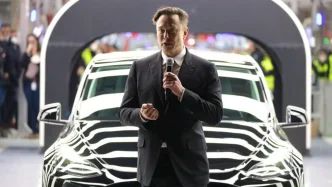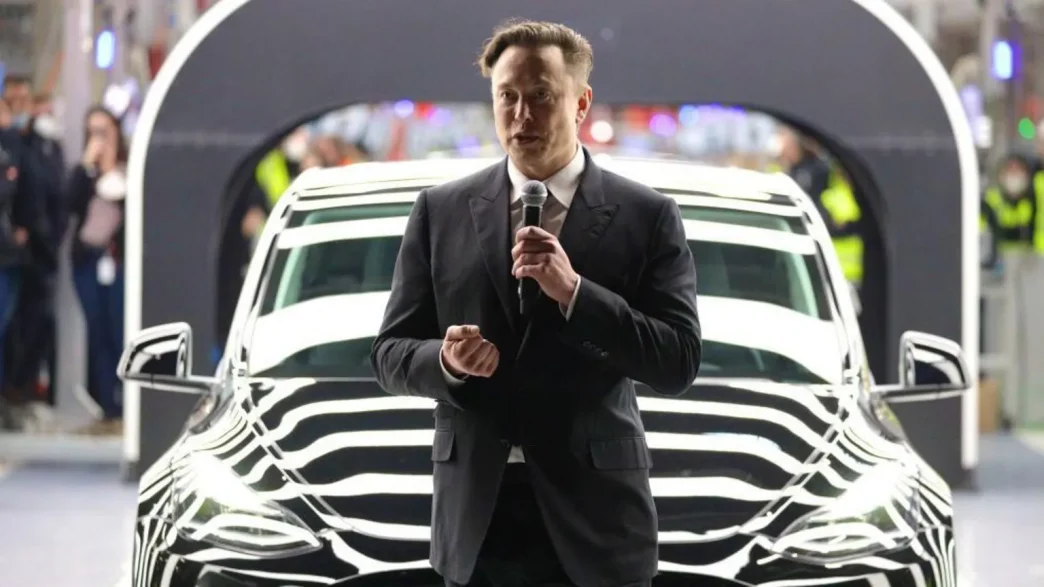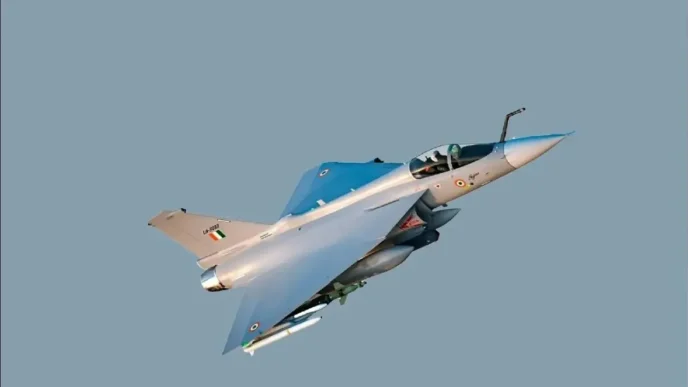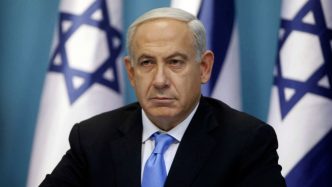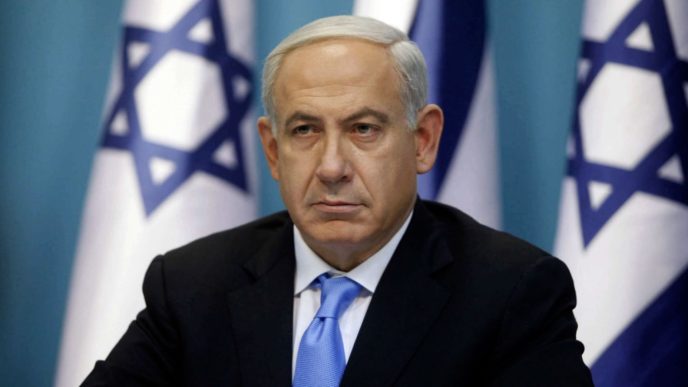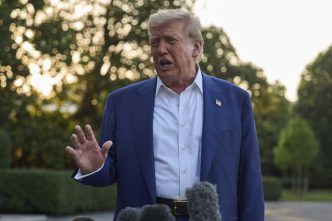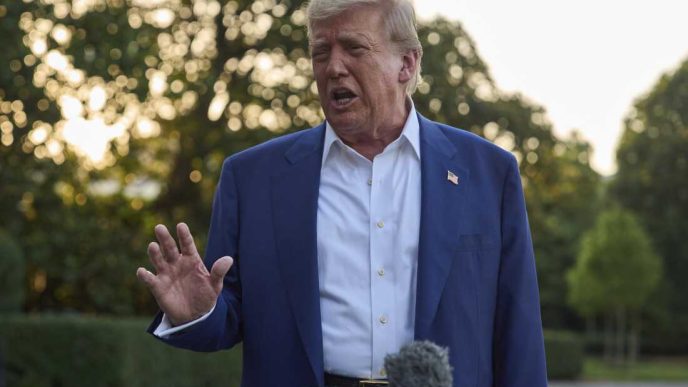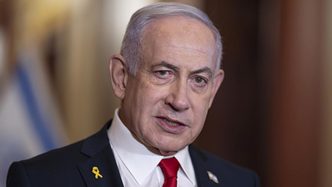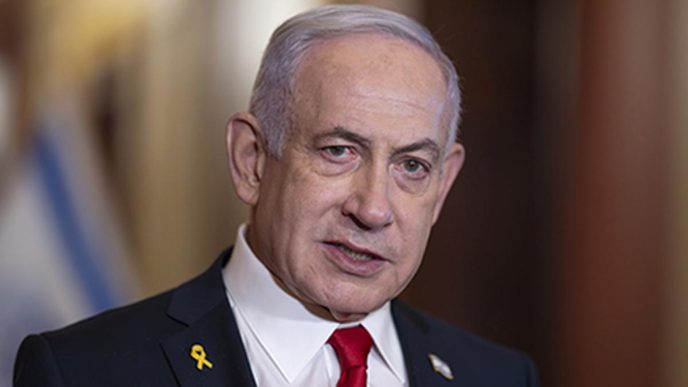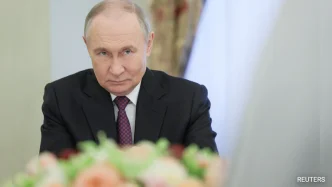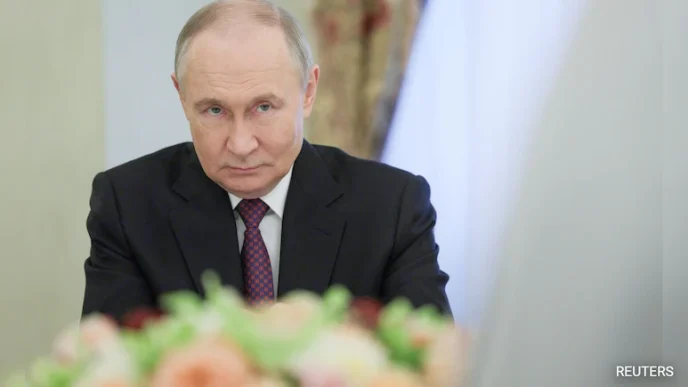The heavy industries minister of India has stated that Tesla, the electric vehicle (EV) manufacturer owned by Elon Musk, is “not interested in manufacturing in India.”
The Indian government issued comprehensive guidelines for a scheme to promote EV manufacturing in the country on Monday, during which the remarks were made.
India has publicly acknowledged for the first time that it has been unsuccessful in attracting investment dollars from Musk, despite the fact that it introduced incentives for global EV titans in March of last year.
Tesla will establish a retail presence in India and establish two showrooms, as confirmed by Minister HD Kumaraswamy.
“Skoda-Volkswagen, Hyundai, Kia, and Mercedes Benz have expressed interest in the production of electric vehicles in India.” Kumaraswamy stated, “We are not anticipating any response from Tesla.”
The Press Trust of India news agency was informed by an additional official that a Tesla representative had participated in the first round of stakeholder discussions for the manufacturing scheme, but was “not a part of the second and third round.”
The remarks follow US President Donald Trump’s assertion in February that it would be “unfair” for the United States if Tesla constructed a factory in India.
Tesla has engaged in numerous negotiations to establish a presence in India over the years.
Is it possible for Tesla’s electric vehicles to appeal to the price-conscious consumers of India?
Tesla’s initial intentions to establish a base were abandoned in 2022 due to the Indian government’s requirement that the company manufacture automobiles domestically. The automobile manufacturer had expressed its intention to initially export to India in order to evaluate demand.
Musk stated in 2023 that he was “attempting to determine the optimal time to invest in the Indian market.”
Musk and Prime Minister Narendra Modi engaged in a conversation in Washington, DC, earlier this year regarding the “vast potential” for collaboration in the fields of technology and innovation.
Last year, India reduced import tariffs on electric vehicles (EVs) for global automakers that agreed to invest $500 million (£369 million) and establish local production within three years. Musk complained that the carmaker was unable to access India due to the high import duties. Consequently, this occurred.
However, analysts contend that the Indian electric vehicle (EV) market may not be sufficiently developed for Tesla to invest in the country. EV sales in India currently account for less than 3% of the total passenger vehicle sales, and locally manufactured alternatives can be priced at half the price of Tesla’s base model.
Local road conditions and charging infrastructure may serve as additional obstacles.
The EV market in India is presently dominated by Tata Motors, which holds a market share of over 60%. MG Motors, which is jointly owned by a Chinese company and India’s JSW, is the second largest company, with a 22% share.
Tesla has encountered an increasing level of competition from Chinese companies, including BYD, on a global scale.
After a backlash against Musk and his involvement in the Trump administration, its sales dropped to their lowest point in three years during the first three months of 2025.
Musk disclosed his resignation from his government position last week.
